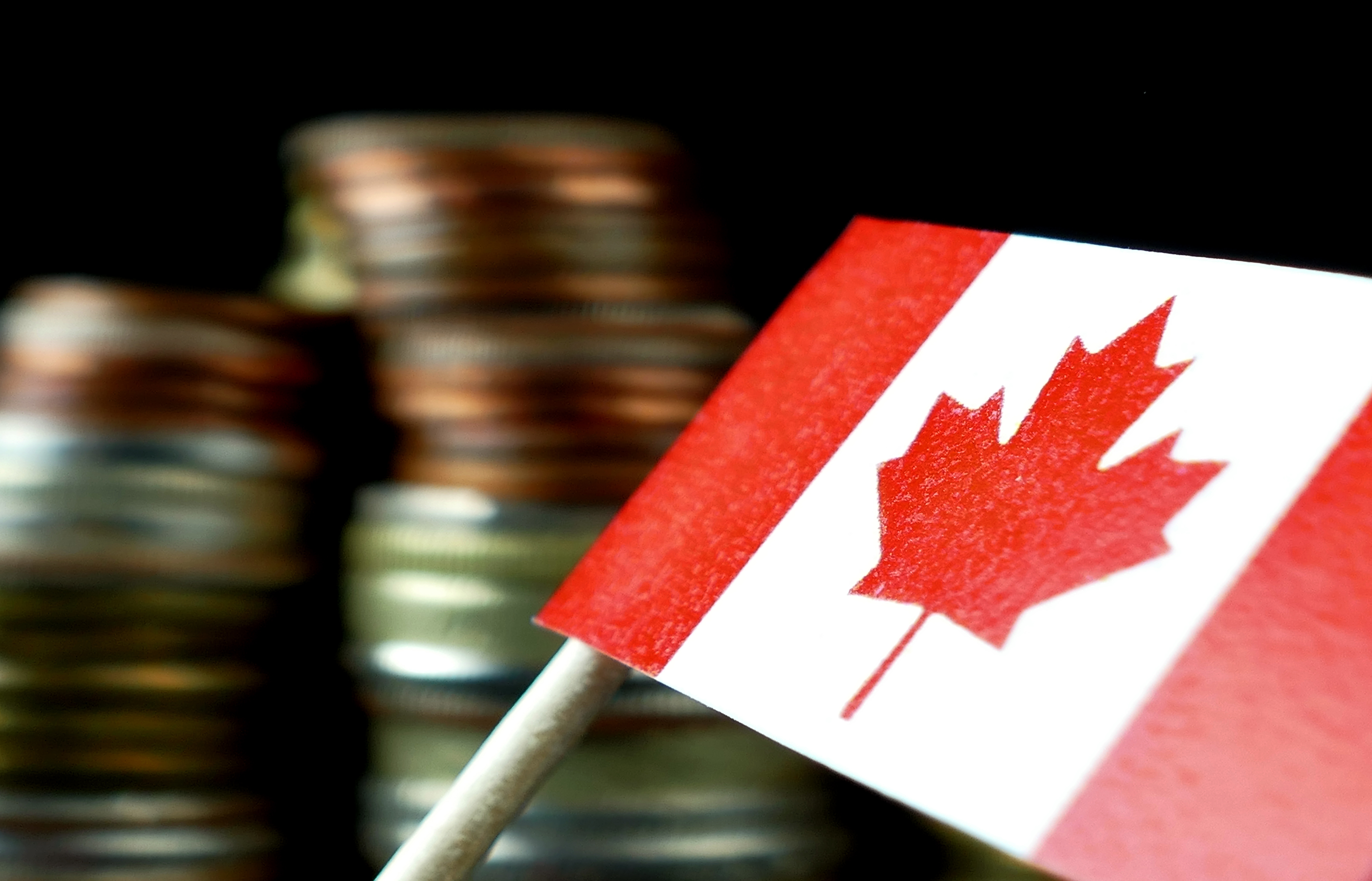A majority of Canadians support equalization – even in Alberta

This coming October will mark the 25th anniversary of the last Quebec referendum on sovereignty. Many Canadians, inside and outside the province, will celebrate by being thankful that we have finally put the era of constitutional plebiscites behind us. But others — like Alberta Premier Jason Kenney — have decided it is the right time for more.
The proposed Alberta referendum on the equalization program, slated for next year, is not nearly as high-stakes as a vote on independence, but it is still guaranteed to stir the pot. Yet it may not be an easy win for the critics of equalization.
The results of the Confederation of Tomorrow 2020 survey show that there is almost universal support in all parts of Canada for the principle that underpins the equalization program: nine in 10 Canadians agree that all Canadians should have access to high-quality public services such as health care and education, regardless of where in the country they live. This principle is no less popular in Alberta: nine in 10 Albertans agree, including three in four who agree strongly.What about the equalization program itself? Three in four support it. Support is lowest in Saskatchewan and Alberta, but even there, a majority is still on board. What’s more, support for equalization in Alberta increased six points, from 51 to 57 per cent, in the year since Kenney’s government came to office, while the proportion opposed fell from 40 to 34 per cent.
Of course, many Canadians — and indeed several premiers — may support the idea behind equalization, while nonetheless objecting to the way its benefits are distributed in practice. But the mechanics of the program are notoriously hard to follow. In fact, the survey finds that a plurality of Canadians (42 per cent) cannot say whether their province receives equalization payments — with the proportion just as high in provinces that currently receive equalization payments as it is in those that do not.
In provinces that currently qualify for equalization, only one in two correctly say that they are receiving payments. And among non-recipient provinces, only one in three correctly say that they do not. While Alberta stands out as the only non-recipient province where a majority correctly say that their province does not receive equalization payments, even there, only 54 per cent give this correct response.
Further, among those in the province who are aware that it does not receive equalization, support for the program falls below 50 per cent. A referendum campaign will have a head start among these voters.
Yet, as many have pointed out, in itself a referendum win for equalization’s critics won’t bring about change. The referendum option in the Constitution is there for a reason. Its purpose is to trigger a more open national debate on how to better share the wealth of a country whose prosperity rests on a collection of regional economies, each subject to different boom-bust cycles. But pessimists see the campaign exacerbating regional divisions, not strengthening the cross-country understanding required to drive reform. Alberta could even emerge more isolated than before, since most of its potential allies, like the public in B.C., Ontario and Newfoundland and Labrador, remain strongly in favour, not only of the principle underlying equalization but of the existing program itself.
Whatever the outcome, a vote on equalization may turn out to be a risky strategy. But talking more about the program and its purposes surely isn’t. This is not only because so few Canadians are aware of how the program works. It also because perceptions of unfairness in the federation are so widespread. And on this issue, the cleavage is not really regional (the West versus the rest); rather, there is a gap between the opinions of those in the three biggest provinces and the rest of the country: in Ontario, Quebec and British Columbia (taken together), just over one in three say their province receives less than its fair share of federal spending; in the rest of the country, closer to two in three hold this view.
If a debate about equalization triggers a deeper reflection on how Canada’s prosperity can best be shared from coast to coast to coast, especially in the context of the damage done by COVID-19 to the economy and to government balance sheets, then perhaps there is little to lose. But if it gets stuck in finger-pointing that is more about the past than the future, it will have been a missed opportunity.
Donald Abelson, director, Brian Mulroney Institute of Government; Colleen Collins, vice-president, Canada West Foundation; Charles Breton, executive director, Centre of Excellence on the Canadian Federation; Alain-G. Gagnon, director, Centre d’analyse politique – constitution et fédéralisme; and Andrew Parkin, executive director, Environics Institute for Survey Research.
Like what you're reading? With our bi-monthly e-newsletter, you can receive even more with the latest details on current projects, news, and events at the institute.
Subscribe